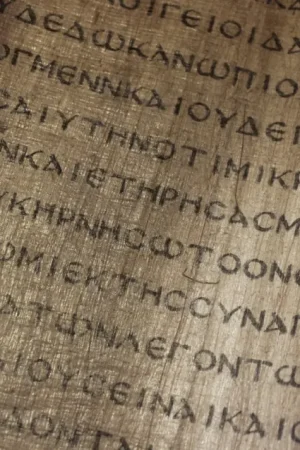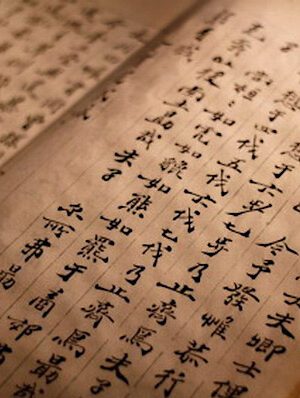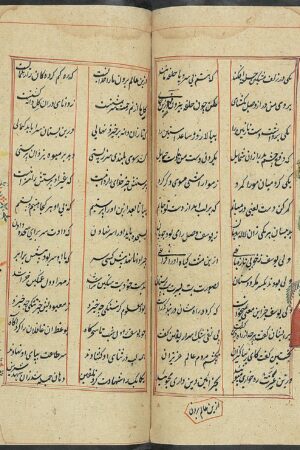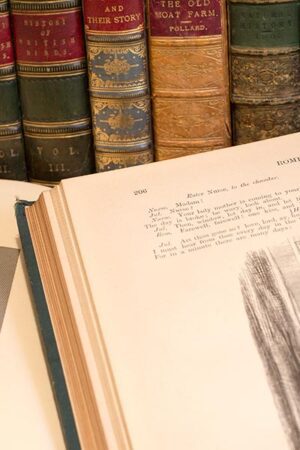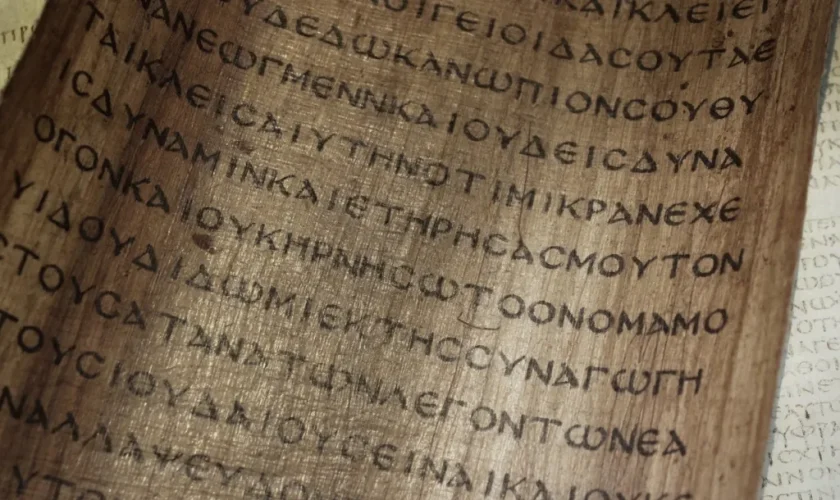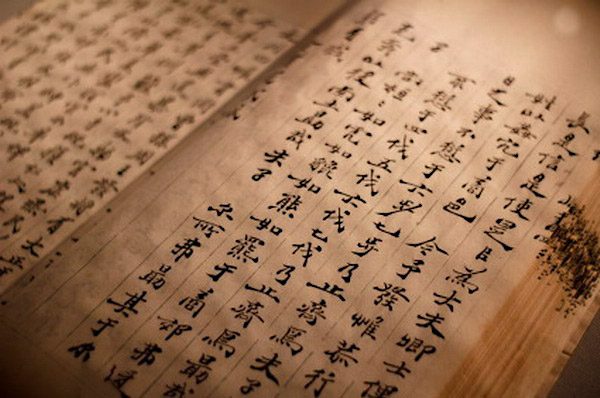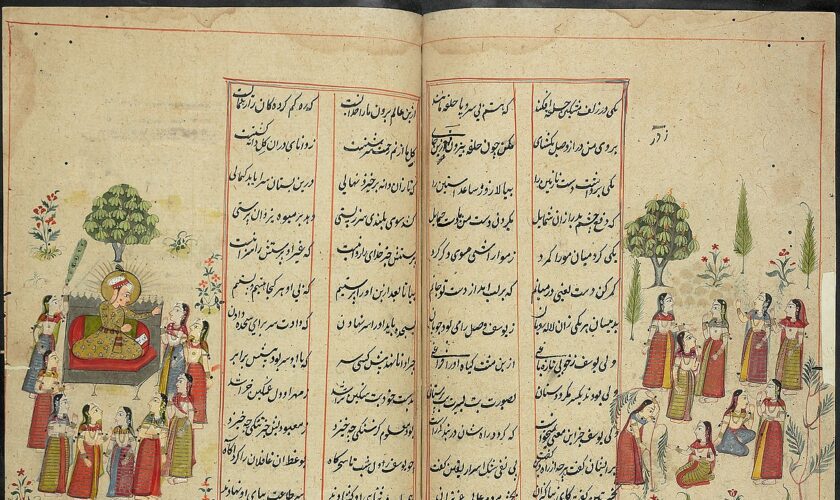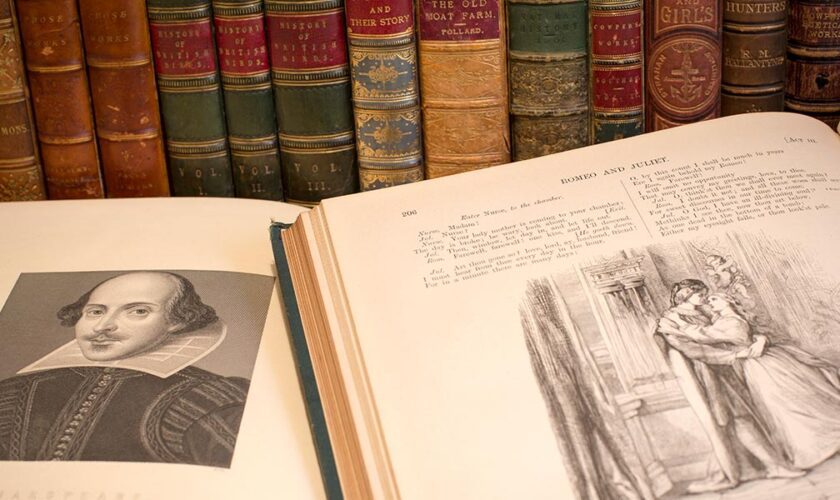The early achievements of Greek literature are evident in two epic poems, Homer’s The Iliad and The Odyssey (c. eighth century BCE). The Iliad relates the story of the Trojan War fought between Troy and Greece, focusing primarily on Achilles, the mightiest Greek warrior. Along with powerful descriptions of battles and deaths, the epic contains deep emotional content, particularly in the grief Achilles feels after Hector, the Trojan king’s eldest son, kills his friend Patroclus. Struggling with his loss, Achilles avenges Patroclus’s death by stabbing Hector through the neck with a spear. Hector pleads with him to return his dead body to his family for burial rather than to leave him on the battlefield, but Achilles furiously responds,
(more…)
History of World Literature
The first great period of Chinese literature came during the Zhou dynasty, which ruled from about 1045 to 221 BCE. The Book of Songs (also known as Classic of Poetry) collects approximately 300 poems whose authors are mostly unknown. These lyric poems focus on a range of subjects including love, friendship, children, sacrifice, war, and admiration for the dynastic rulers. For many years, it was suggested that Confucius compiled an edition of The Book of Songs but no evidence proves his involvement. The poems speak simply yet directly, reflecting the concerns of the people at that time. In a poem celebrating the Duke of Zhou, the speaker proclaims:
Broken were our axes
And chipped our hatchets.
But since the Duke of [Z]hou came to the East
Throughout the kingdoms all is well.
He has shown compassion to us people,
He has greatly helped us.
(de Grazia 40; song 232, lines 1–6)
(more…)
Although writers living in the area of current-day Iran (the historic Persia) from the sixth through the fourteenth centuries CE wrote in a variety of literary genres, the height of literary artistry was found in their poetry. During the pre-Islamic era (c. 500–620), a rich tradition of oral poetry addressed a range of subjects including love, praise, and sorrow. The
qası–dahs, or odes, are perhaps the most well-known type of Persian poetry. In Al-Shanfara–’s qası–dah “Laˆmıˆyat al-’Arab,” the speaker tells of being rejected by his family and going into the wilds where “a sleek leopard, and a fell hyena with shaggy mane [are] / True comrades” (Lichtenstadter 150; lines 6–7). As an outcast, he is alone, yet achieves a sense of independence with his
(more…)
The Renaissance is generally dated from fourteenth-century Italy to the middle of the seventeenth century. The term renaissance literally means rebirth, and the writers of the Renaissance presented it as an era of new beginnings. Christopher Columbus traveled across the Atlantic Ocean from Spain and landed in the Americas. In astronomy, Nicolaus Copernicus and Galileo Galilei determined that the Earth revolves around the Sun, which altered Europeans’ understanding of the cosmos. Such discoveries called for a new era of curiosity and creativity. Like great medieval thinkers before them, Renaissance writers engaged with and imitated works from antiquity, specifically works from the classical Greek and Roman eras. Writers believed that ancient texts could give new life to their own work and that the study of classical texts could help their communities become more broadly educated and more capable of diverse and rational thought. They advocated a broad range of learning reflective of antiquity’s influence, including the fields of literature, philosophy, rhetoric, and history.
A medieval writer credited with beginning the Renaissance, the Italian Francesco Petrarch is best known for his collection of love poems celebrating Laura, Il Canzoniere (or Song Book, c. 1360), written in contemporary Italian vernacular rather than Latin.
(more…)

